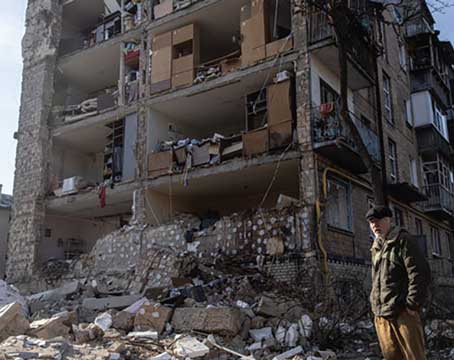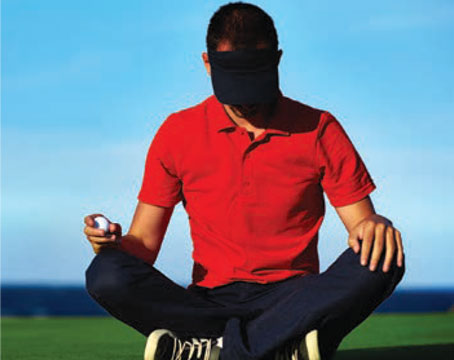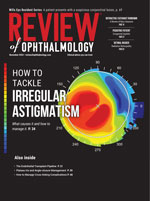 |
Fear and insecurity—very primal emotions which have existed from the dawn of Man. They’re useful emotions and, in many circumstances, help with survival; and if not survival then comfort, growth and prosperity. Who wouldn’t want that? For yourself, your family, your ‘group.’ It’s healthy and necessary to have a degree of fear and insecurity, as you never know where a threat to your success will come from. But is it? Is it healthy and should it really be necessary?
I suppose the answer to that depends on when and where you are: a neolithic cave sheltering your family, a small medieval village subject to plundering, or a modern social group worried about its place in an ever-changing world. All of those locations are made potentially more secure by identifying and gathering like individuals. But alike how? By race, religion, an ethnic group—or a combination of all three. It’s how society has survived and evolved for millennia, but it’s debatable whether it’s a laudable goal in the 21st century. To quote an old song lyric: “Are you better off alone?”
While homogonous societies have done very well, there’s a lot to be said for pooling resources. The term “globalization” has gotten a bad rap of late. However, it’s resulted in a significant improvement in world poverty levels, life spans and prosperity for the world as a whole. And therein lies the rub: While the overall level of quality of life has increased for almost everyone, there’s a tradeoff. While a rising tide lifts all boats, some boats are lifted more than others. That’s when the resentment starts. In a challenging and complex world, we would all do better if we helped each other.
Pulling yourself up by your bootstraps is a great place to start, but if you find your boots stuck in the mud having someone give you a hand will get you back to productivity quicker. And the wider we view the potential pool of “others” who could lend a hand, the more stable the society. That would require that we potentially look beyond the parameters that defined our group, however, and that we view the larger world as potentially an ally and not a threat. We need to work to step away from humans’ inherent xenophobia. Retreating to our cave is unlikely to benefit us in the long run. And let me be clear, I’m not advocating for naïve globalism. Just that we stop being suspicious of everyone that doesn’t look or think like us.
Here in the United States, we have a long history of ‘rugged individualism,’ of not having to be dependent on others—which is great. That is, until you’re faced with a situation that no one person or small group of people can successfully address. But many segments of our society have encouraged looking down on those who need that help, that they are “less than” and deserve derision. But there’s a huge difference between not trying and not able. Everyone should try to the best of their ability. But no one should be afraid to ask for help, be denigrated for asking for help or looked upon as being different than those who haven’t had to ask for help—yet.
That day will come for many of us. Where life’s vicissitudes are more than one person, one family, one community or even one state can handle. And at that point you’re happy that someone, a person you may have ridiculed, had thought to create a concept that was structured to pool resources to help others. This begrudging revelation likely came to many in great need after Hurricanes Helene and Milton. They were happy their community had help from the state. And happy that there was a FEMA, and federal disaster relief and the National Guard, all paid for by the rest of us as a shared resource to help each other out when in need. It’s the reason it’s the United States, united so that we can all have the opportunity to prosper—even when it takes more than a village.
Dr. Blecher is an attending surgeon at Wills Eye Hospital.





